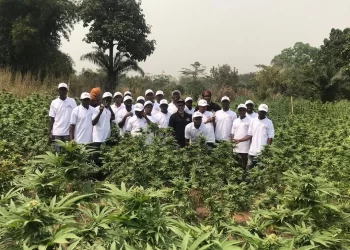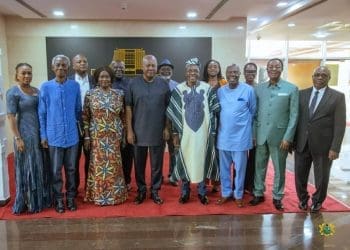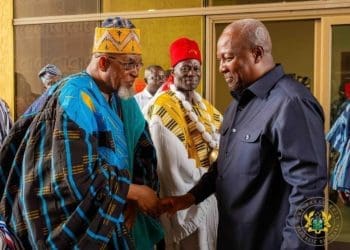Former Chief Justice Sophia Akuffo has waded into the controversy surrounding the removal of her successor, Justice Gertrude Torkornoo, insisting that the allegations levelled against her were not weighty enough to justify her dismissal.
In a yet-to-be-aired exclusive interview with TV3 on Tuesday, September 2, 2025, Justice Akuffo lamented that the process leading to Justice Torkornoo’s removal was not only unfair but also damaging to the integrity of the judiciary.
She described the procedure as a “rigmarole” that should never be inflicted on any judge, much less the head of the country’s judicial arm.
Allegations lacked gravity
“They (allegations) lack the gravity that will lead to a grave outcome such as the removal of the head of an institution of justice,” Justice Akuffo stated.
She further observed that the ordeal had weakened the judiciary, which should have been protected from such political and legal turbulence.
“I pray to God that no Chief Justice, no Judge should go through this rigmarole again,” she added, stressing that the matter should have been handled with more fairness and restraint.
Justice Akuffo, a sitting member of the Council of State, said the trial-like process bore more resemblance to a treason hearing than a fair, constitutionally balanced inquiry.
“She did not get a fair trial. Even though it is not a trial strictly speaking, it was handled as though it were a treason trial,” she lamented.
Call for constitutional reform
Speaking earlier before the Constitutional Review Committee in Accra on April 30, Justice Akuffo made an impassioned case for constitutional amendments to fortify judicial independence and ensure fairness in how superior court judges, including Chief Justices, are removed from office.
Citing Article 146 of the 1992 Constitution—which regulates the removal of superior court judges—Justice Akuffo described the current provisions as inadequate and open to abuse. She argued that the system as it stands concentrates excessive discretionary power in the executive, undermining the principle of separation of powers.
“The mechanism lacks balance, transparency, and checks. It has the potential for bias and political manipulation,” she told the committee, which is chaired by constitutional law scholar Professor H. Kwasi Prempeh.
Proposal for independent oversight
Justice Akuffo urged the adoption of a more impartial structure for handling such sensitive cases. She proposed the establishment of an independent investigatory body, equipped with a system of appeals, to probe petitions against sitting Chief Justices and superior court judges.
She contrasted Ghana’s current practice with Kenya’s model, where the Judicial Service Commission—made up of multiple stakeholders—handles complaints without direct executive interference.
According to her, that model provides better safeguards for judicial independence and public confidence.
Flaws in Article 146
Under Ghana’s Article 146(6), the President, in consultation with the Council of State, appoints a five-member committee to investigate petitions for the removal of judges.
This committee is composed of two Supreme Court justices and three other individuals who are neither Members of Parliament, legal practitioners, nor members of the Council of State.
Its proceedings are conducted in private, and its findings are binding with no avenue for appeal. Justice Akuffo contended that such a framework was deeply problematic.
“The current system gives the impression of justice being done behind closed doors, with no transparency and no recourse for redress. That should change if we want to protect the independence of our judiciary,” she argued.
Justice Akuffo’s intervention adds significant weight to ongoing debates about judicial independence, accountability, and the need to reform constitutional provisions that leave the judiciary vulnerable to political influence.












